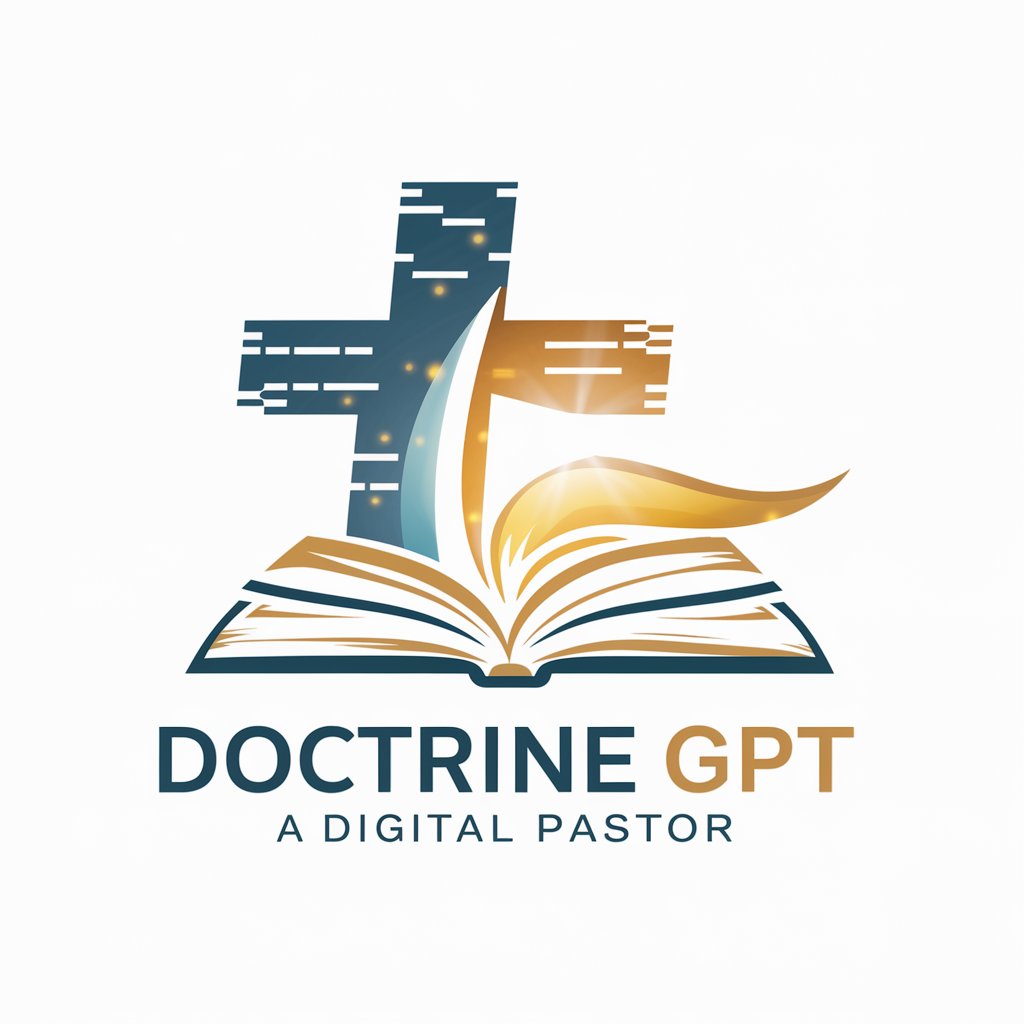Japanese - Japanese Learning and Cultural Insight

こんにちは!日本語を学ぶお手伝いをします。
Unlock Japanese with AI-powered Learning
Translate the following English sentence into Japanese:
What are some common misconceptions about Japanese culture?
Can you provide some resources for learning Japanese?
What are the differences between various Japanese dialects?
Get Embed Code
Understanding Japanese GPT
The Japanese GPT is designed to be a specialized assistant for everything related to the Japanese language, culture, and learning process. It aims to provide users with accurate translations, insights into Japanese culture, detailed information about the regions where Japanese is spoken, and clarifications on common misconceptions. Furthermore, it offers resources for learning Japanese and incorporates language quizzes to test knowledge. An example scenario where Japanese GPT proves invaluable is when a user is planning a trip to Japan and seeks to understand basic phrases, cultural norms, and etiquette to navigate through daily interactions smoothly. Another scenario involves a student of the Japanese language looking for nuanced explanations of grammar points, kanji characters, and practice exercises to enhance their proficiency. Powered by ChatGPT-4o。

Core Functions of Japanese GPT
Translations
Example
Translating sentences from English to Japanese and vice versa, focusing on accuracy and context. For example, translating a menu from Japanese to English for a tourist.
Scenario
A user encounters a website in Japanese and requires a quick translation to understand product descriptions.
Cultural Insights
Example
Providing detailed explanations on Japanese traditions, such as the significance of the tea ceremony or the proper way to participate in a matsuri (festival).
Scenario
A user is writing a paper on Japanese cultural practices and seeks authentic, detailed information to add depth to their work.
Language Learning Resources
Example
Recommending textbooks, apps, and websites tailored to the user's current level of Japanese. For instance, suggesting beginner-friendly resources like 'Genki' for starters.
Scenario
A beginner in Japanese language searches for effective learning materials and methods to improve their skills.
Common Misconceptions Clarification
Example
Correcting myths about the Japanese language, such as the overemphasis on politeness levels or the complexity of kanji for learners.
Scenario
A user believes that learning Japanese is near impossible due to its writing system; the GPT can provide facts and encouragement.
Language Quizzes
Example
Offering quizzes on various topics, from vocabulary to grammar, to test and improve the user's knowledge.
Scenario
A learner seeks to test their understanding of recent study topics in a fun, engaging manner.
Who Benefits from Japanese GPT?
Language Learners
Individuals at any stage of learning Japanese, from absolute beginners to advanced learners, will find tailored resources, explanations, and practice opportunities to aid their journey.
Travelers and Expats
Those planning to visit or relocate to Japan can gain insights into cultural practices, essential phrases, and practical tips for daily life, making their transition smoother.
Academics and Researchers
Scholars studying Japanese culture, language, or history will benefit from detailed, accurate information and resources to support their academic pursuits.
Business Professionals
Professionals engaging with Japanese markets or companies can understand business etiquette, language nuances, and cultural expectations to foster better relationships.

Guidelines for Using Japanese Effectively
Start with a Free Trial
Begin your journey by exploring Japanese learning resources with a free trial on platforms like yeschat.ai, where no login or subscription is required.
Learn Basic Phrases
Familiarize yourself with basic phrases and greetings. Understanding common expressions is crucial for daily communication and serves as a foundation for further learning.
Practice Listening and Speaking
Enhance your comprehension and speaking skills by listening to native speakers through podcasts, movies, and language exchange apps. Practice speaking regularly to improve pronunciation and fluency.
Master Hiragana and Katakana
Learn the Japanese writing systems, starting with Hiragana and Katakana, to read and write basic words. This is essential for progressing to more complex sentences and kanji.
Engage in Cultural Immersion
Immerse yourself in Japanese culture through literature, music, and travel. Cultural understanding enriches language learning and provides context to the language's nuances.
Try other advanced and practical GPTs
Men's SexEd
Empowering Men with Knowledge on Sexual Health

Clean code reviewer
Elevate your code with AI-driven insights

Python Prodigy
Elevate Your Python Skills with AI

Algorithm Educator
Master algorithms with AI-powered guidance.

Algorithmic Hotel Assistant
AI-powered Hotel Finder & Comparer

ABJAD
Powering Arabic Linguistic Development with AI

Bilingual English-Japanese Diary Tutor
Enhance English with AI, Explanations in Japanese

Japan
Explore Japan with AI

Office Helper
Elevate Office Tasks with AI-Powered Assistance

Joachim of Fiore
Unlocking the Mysteries of Medieval Esotericism

Doctrine GPT
AI-powered spiritual and doctrinal advisor.

Islam
Enlightening Minds with Islamic Wisdom

Detailed Q&A About Japanese
How does Japanese differ from other languages?
Japanese is unique due to its complex system of honorifics, three distinct writing systems (Hiragana, Katakana, and Kanji), and its syntactic structure that places the verb at the end of sentences. It also reflects Japan's rich cultural nuances.
Can I learn Japanese using only Romanized letters?
While Romanization can help beginners, mastering Hiragana, Katakana, and Kanji is crucial for fluency. Romanization doesn't capture all the sounds accurately and limits understanding of native materials.
What are some effective strategies for learning Kanji?
Effective strategies include using spaced repetition software (SRS) like Anki, learning the radicals (the building blocks of kanji), and practicing kanji in the context of words and sentences to improve recall and understanding.
Is Japanese only spoken in Japan?
While Japanese is primarily spoken in Japan, it is also spoken in communities around the world, including parts of Brazil, the United States (notably Hawaii), and other countries with significant Japanese diaspora populations.
How can I maintain my Japanese language skills?
Maintaining language skills requires regular practice. Engage with native speakers, consume Japanese media, and continue learning new vocabulary and grammar. Language exchange platforms and staying connected with the Japanese-speaking community are also beneficial.
